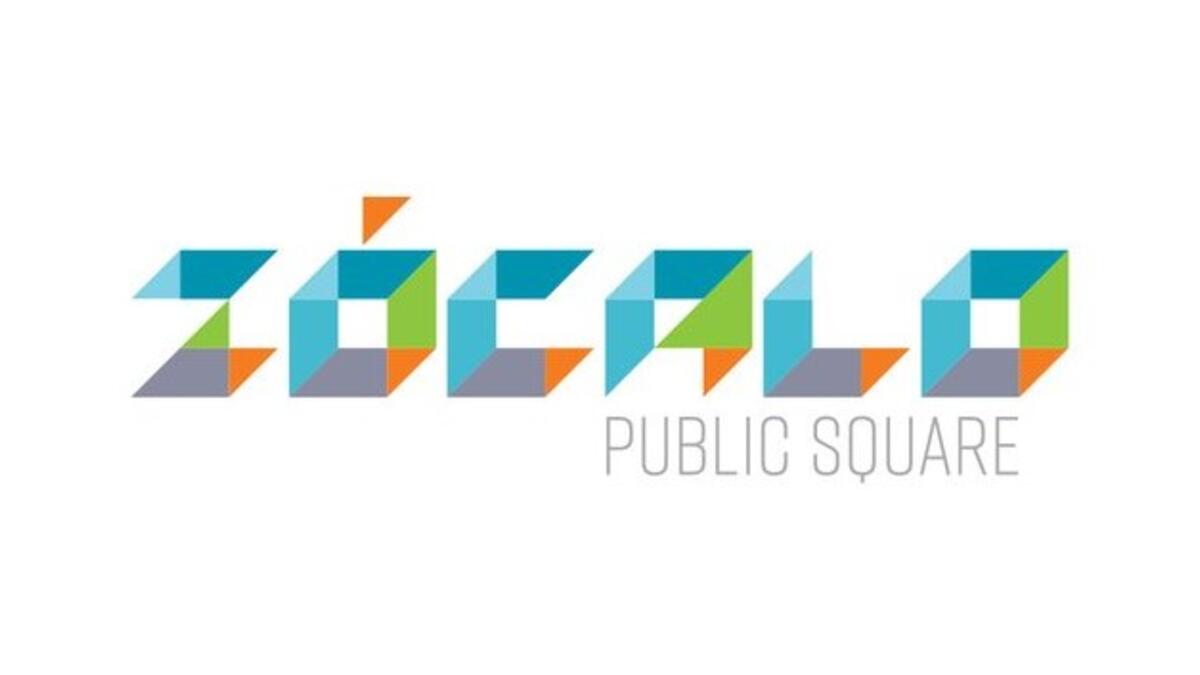Zócalo Public Square, ASU Cronkite School celebrate wins at SoCal Journalism Awards

Arizona State University's Zócalo Public Square and students from the Walter Cronkite School of Journalism and Mass Communication brought home multiple wins from the 65th annual SoCal Journalism Awards on June 25.
A finalist in nine categories heading into the event, Zócalo, the Los Angeles-based events and ideas journalism unit of ASU Media Enterprise, took a total of eight awards, including four first-place honors.
The Zócalo-published articles "How Rural Schools Survived the Pandemic" by Niu Gao and "The Valley's Last Camaro" by Andrew Warren and Tim Moore secured first place in the Education Reporting and Non-Political Commentary categories, respectively. Additionally, two Zócalo panel events — "How Can Women and Girls Win in Iran?" and "What Would the End of Mass Incarceration Mean for Prison Towns?" — took first place in the Talk/Public Affairs category and the Investigative category, respectively.
Zócalo’s recognition in the Talk/Public Affairs category also extended to second-place honors with the recognition of its 2022 Book Prize event "Will Americans Ever Be in This Together? With Heather McGhee.” Other second-place honors went to the Zócalo-published pieces "If You're Latinx, Loving the Dodgers Is Complicated" by Natalia Molina in the Sports commentary category, and "When the Public Narrative Fails” by David L. Ulin in the category for Political commentary.
"Hey California, the Peafowl Isn't Your Scape-Bird" by Zócalo columnist Joe Mathews was also recognized with a third-place honor in the Humor/Satire Writing category.
RELATED: ASU and Zócalo celebrate local voices, 20 years of change
Several students from ASU's Cronkite School were recognized in the Student Media category.
Aayush Gupta of Cronkite News/Arizona PBS claimed the first-place win for Best Sports Writing — Print or Online with his piece "Rollettes wheelchair dance team empowers women with disabilities.” Vic Samuels, also from Cronkite News/Arizona PBS, secured second place in the Best Sports Writing category with the article "Olympic gold medalist Sydney Leroux redefines soccer moms across pro sports." Fernanda Galan Martinez's article "Trash talk: Los Angeles is losing its battle with litter, and neighborhoods are stepping up" earned first place in the Best News Writing — Off Campus issues. And Lauren Lively's piece "Wildfire restoration efforts bring back native plants and wildlife" was also awarded first place in Best Feature Writing — Off Campus Issues.
Presented by the LA Press Club, the SoCal Journalism Awards recognize outstanding achievements in journalism across Southern California. Winners were announced at an awards gala at the Millennium Biltmore Hotel in downtown Los Angeles. You can see the full list of winners here.
More Law, journalism and politics

Veteran journalists Jorge Ramos and Marty Baron talk democracy and free press
Arizona State University hosted "Truth Across Borders," a bilingual panel featuring two of America’s most iconic journalists,…
Can elections results be counted quickly yet reliably?
Election results that are released as quickly as the public demands but are reliable enough to earn wide acceptance may not…
Spring break trip to Hawaiʻi provides insight into Indigenous law
A group of Arizona State University law students spent a week in Hawaiʻi for spring break. And while they did take in some of the…

